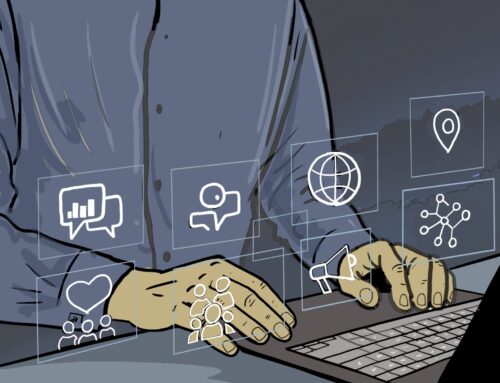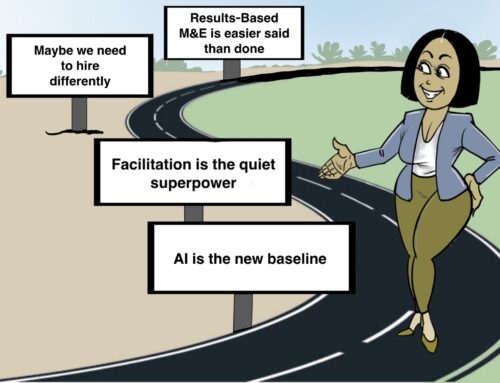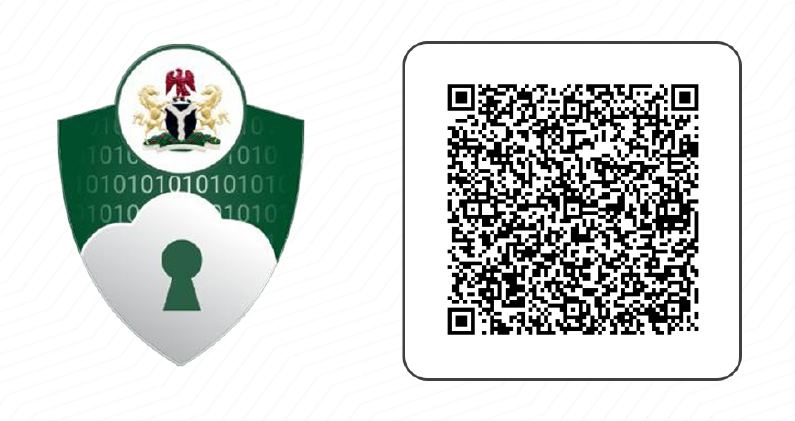At Cloneshouse LLC, our mission to strengthen evidence-based development practices is deeply rooted in empowering the next generation of Monitoring, Evaluation, and Learning (MEL) professionals. As part of this commitment, we’re excited to share a valuable new resource developed by Binta Souaré, a participant in our Cloneshouse European Internship Programme (CEIP).
Binta has created a concise and practical guide to Institutional Review Board (IRB) requirements across various African countries. This resource is designed to support evaluation professionals, researchers, and development practitioners as they navigate ethical approval processes for research and MEL activities on the continent.
Ethical compliance is a foundational pillar in the implementation of development programs—yet, obtaining IRB approval can often be a complex and inconsistent process, especially across different national contexts. Recognizing this gap, Binta’s work provides a structured overview of IRB procedures, institutional contacts (where applicable), and guidance on country-specific ethical standards.
Why This Matters
Whether you are designing a national evaluation, implementing a donor-funded project, or conducting field-based research, understanding IRB processes is crucial for credibility, safety, and accountability. This tool serves as a starting point for MEL professionals committed to conducting ethical, people-centered, and high-quality evaluations.
Download the IRB Requirements Form
Access and use the resource here:
IRB Requirements Form – African Countries
Stay Connected
We invite you to subscribe to our MEL newsletter, where we share tools, insights, and thought leadership on evaluation, learning, and adaptive development practices.
Cloneshouse remains proud of the young professionals contributing to our global work, and we celebrate Binta Souaré for this meaningful contribution to the MEL field.
About the Author
Binta Souaré is a Fall 2024 intern at Cloneshouse. She holds a Master’s degree in Global Development Policy and is gaining hands-on experience in Monitoring & Evaluation and communication through her internship. Passionate about social justice and equality movements, her work explores policies affecting marginalized communities, as well as the dynamics of decolonization and Global North-South relations. With this blog post, Binta aims to contribute to the ongoing movement to decolonize philanthropy, international development, and M&E.





